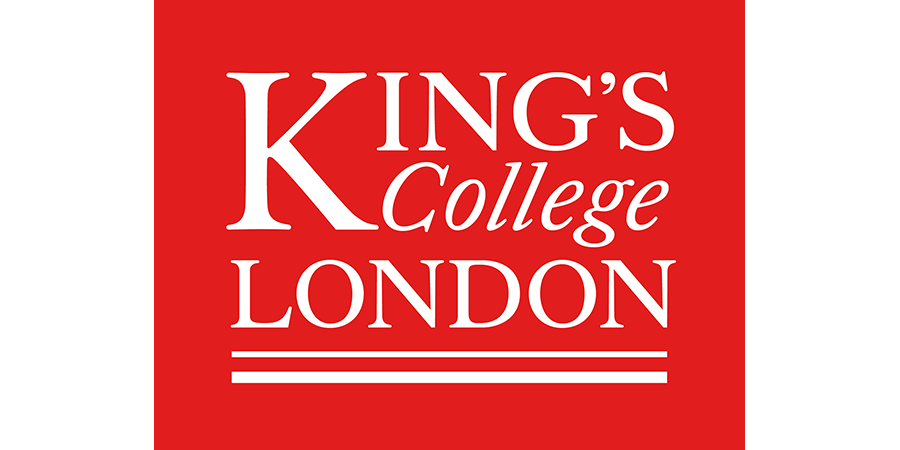Research Associate in Cardiac Biochemistry and Physiology
King's College London - Cardiovascular Research
| Location: | London |
|---|---|
| Salary: | £46,671 per annum inclusive of London Weighting Allowance |
| Hours: | Full Time |
| Contract Type: | Fixed-Term/Contract |
| Placed On: | 16th July 2025 |
|---|---|
| Closes: | 5th August 2025 |
| Job Ref: | 119926 |
About us:
The School of Cardiovascular and Metabolic Medicine & Sciences (SCMMS) provides an outstanding multi-disciplinary environment for the pursuit of cutting-edge cardiovascular and metabolic research. We study the fundamental molecular, cellular, and physiological processes that underly normal and abnormal cardiovascular and metabolic function and drive the translation of this strong basic science into advances in clinical practice. Our research focuses on four main Themes (Cardiac, Vascular, Cardiometabolic, Diabetes & Obesity), with two cross-cutting Themes (Basic and Clinical). The School is led by Professor Mauro Giacca and comprises over 65 clinical and non-clinical academic groups, hosting 400 personnel and 110 PhD students.
Our community of world-renowned researchers and educators have access to state-of-the art core facilities and expertise, including facilities for high-throughput screening and high content imaging, multimodality in vivo imaging, proteomics, integrative physiology and viral & non-viral vector production. The School activities are carried out at three main locations: James Black Centre in Denmark Hill, St Thomas’s Hospital and Franklin-Wilkins Building in South Bank and the Hodgkin Building and New Hunt House/Randal Centre in Guy’s Campus.
As part of King’s Health Partners, we have an excellent environment for basic-clinical interaction and a strong focus on mentoring and career development. The School hosts the British Heart Foundation Centre of Research Excellence at King's, which brings together a unique range of internationally recognised scientists and clinicians from across the School and King’s College London.
More information: https://www.kcl.ac.uk/scmms
About the role:
Post-doctoral Researcher wanted to join a multi-disciplinary team investigating Na overload and metabolic reprogramming in heart failure. The project, using state-of-the-art techniques, is a collaboration between investigators in the schools of Cardiovascular and Metabolic Medicine (SCMMS) and Biomedical Engineering and Imaging Sciences (BMEIS) at King’s College London (St Thomas’s Campus).
The post will suit someone with a PhD in the cellular mechanisms of injury in small animal models of heart failure and expertise in mitochondrial metabolism, biochemistry or physiology. This project aims to investigate how lowering intracellular Na using novel transgenic and optogenetic methods may reverse pathological metabolic and functional reprogramming. These studies will involve using small animal in vivo models of heart failure, functional assessment using echocardiography, isolated heart perfusions and NMR spectroscopy and metabolomics. A background in in vivo heart failure models and functional assessment is ideal and experience in mitochondrial metabolism and NMR spectroscopy would be useful. Enthusiasm is a key criterion as many aspects can be taught!
The candidate for this post must have a recent PhD in a relevant biological subject and up to 2 years post-doctoral experience. They should have an interest, as well as track record, in in vivo models of heart failure and an interest in metabolic biochemistry/physiology. Appointment will be made to either the Research Associate scale or Research Fellow – depending on age and experience. A willingness to work with animals is essential for this role and applicants should either hold, or if appointed be willing to obtain with the support of the department, a Home Office Personal License. An ideal candidate should also have experience and knowledge in other standard cell biology techniques and protein biochemistry.
This is a full-time post (37.5 hours per week), and you will be offered a fixed term contract for 3 years after the start date.
Research staff at King’s are entitled to at least 10 days per year (pro-rata) for professional development.
Advert information
Type / Role:
Subject Area(s):
Location(s):









